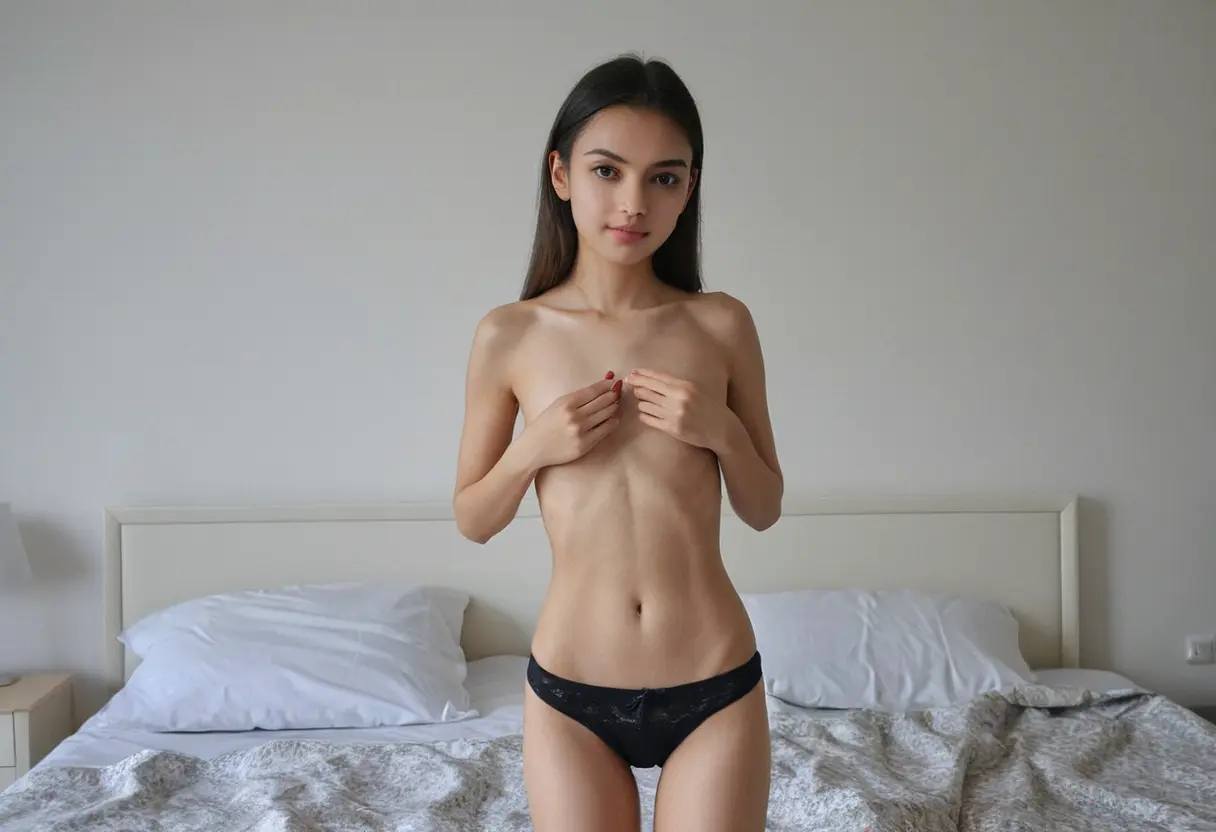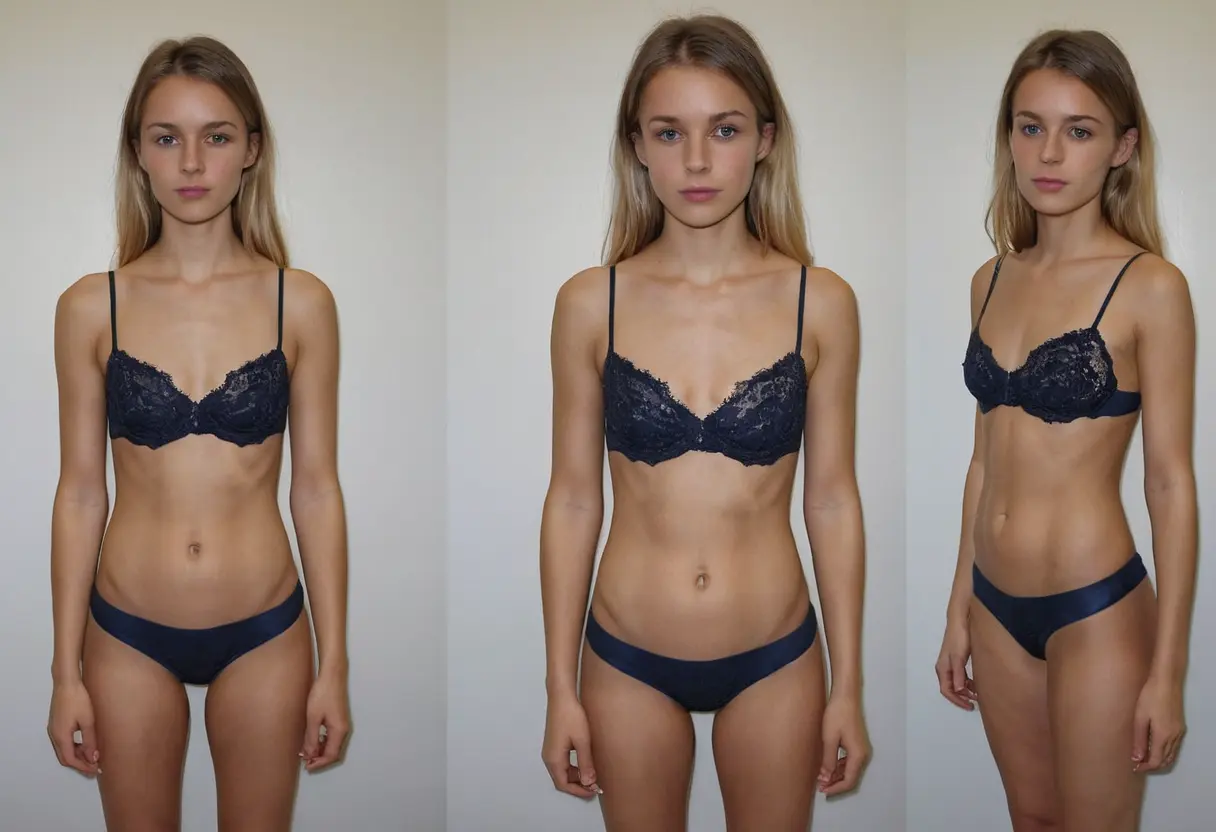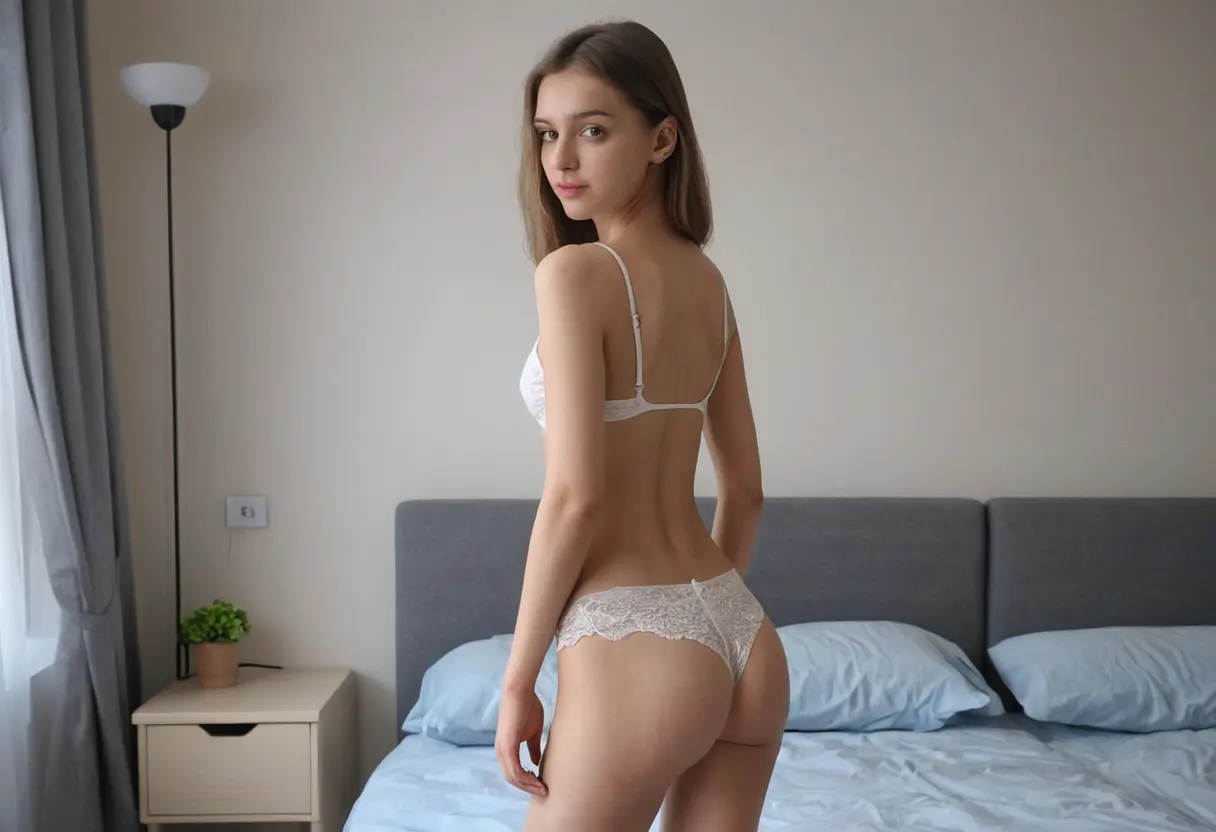Exploring the Impact of AI on Undress Pictures and Artistic Expression
Introduction
The integration of artificial intelligence (AI) into various forms of artistic expression has sparked significant discussions about creativity, ethics, and representation. In recent years, AI technology has evolved to impact not only traditional art forms but also contemporary practices, including undress pictures. This article explores the multifaceted effects of AI on undress imagery and its implications for artistic expression. We will examine the role of AI in creating, manipulating, and distributing undress pictures, the ethical considerations involved, and how these developments influence both artists and audiences.
The Role of AI in Creating Undress Pictures
AI technology has revolutionized the way artists create undress pictures. Using machine learning algorithms and generative adversarial networks (GANs), AI can produce realistic images that mimic the styles of renowned artists or generate entirely new forms of expression. This process not only democratizes access to artistic creation but also challenges the traditional notions of authorship.
For instance, AI-driven tools allow non-artists to generate high-quality undress images with minimal technical skill. Applications like Artbreeder enable users to blend different visual elements, creating unique artworks that may not have been possible through manual methods. This shift raises important questions about originality and the definition of creativity in the digital age.
The Manipulation of Existing Undress Images
Beyond creation, AI also plays a significant role in manipulating existing undress pictures. Tools powered by AI can enhance images, remove imperfections, or alter the aesthetic quality, providing artists with new opportunities to refine their work. Techniques such as deepfakes illustrate the potential for altering images convincingly, raising concerns about authenticity and consent.
Artists can use AI to explore themes of identity, body image, and societal norms through the lens of undress pictures. For example, an artist might employ AI to deconstruct and reconstruct images in a way that challenges viewers’ perceptions of beauty and vulnerability. This manipulation can serve as a powerful commentary on the cultural narratives surrounding nudity and self-expression.
Ethical Considerations in AI-Generated Undress Imagery
The rise of AI in the realm of undress pictures brings forth numerous ethical dilemmas. Issues of consent, privacy, and the potential for misuse are at the forefront of these discussions. As AI can create hyper-realistic images of individuals without their knowledge, it poses significant risks for personal and professional reputations.
Moreover, the use of AI-generated undress images can perpetuate harmful stereotypes and unrealistic beauty standards. Artists and technologists must consider the implications of their work and strive to create responsibly. Ethical guidelines and industry standards are essential to navigate these challenges and protect individuals from exploitation.
The Impact on Artistic Expression and Community Engagement
AI has the potential to enhance artistic expression by providing new tools and mediums for artists to explore. The collaboration between human creativity and AI technology fosters a unique dialogue that can enrich the artistic landscape. Artists are encouraged to engage with AI not only as a tool but as a partner in the creative process.
Additionally, the accessibility of AI-driven art creation tools can lead to increased community engagement. Emerging artists can share their AI-generated undress images on social platforms, inviting discussions about technique, intention, and interpretation. This sharing fosters a collaborative environment where artists can learn from one another and push the boundaries of traditional art forms.
Conclusion
The impact of AI on undress pictures and artistic expression is profound and multifaceted. From creation to manipulation, AI technologies are reshaping how artists engage with their work and their audiences. While these advancements present exciting opportunities for innovation and expression,undress ai tool they also bring significant ethical considerations that must be addressed. As the art community navigates this new landscape, it is crucial to foster responsible practices that prioritize consent and authenticity. Ultimately, the relationship between AI and artistic expression will continue to evolve, prompting ongoing dialogue about creativity in the digital age.
Weekly hotspots
- Innovative AI Solutions for Virtual Wardrobe and Styling Experiences
- The Future of Adult Content Creation with AI Technology
- The Future of Online Shopping with Undress AI Technology
- Exploring AI Methods for Undressing in Virtual Scenarios
- The Future of AI in Fashion and Virtual Undressing Solutions
- Top Free AI Undresser Software to Enhance Your Digital Content Effortlessly





